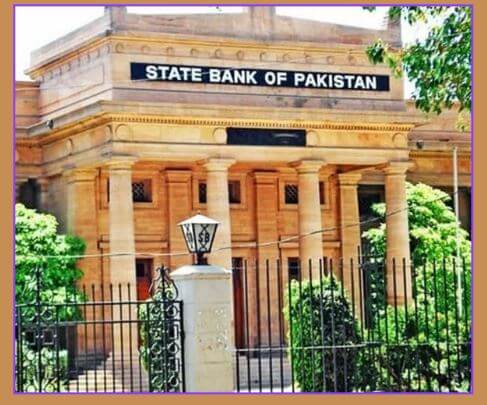What to Do When a Cheque Bounces
What to Do When a Cheque Bounces: A bounced cheque occurs when the funds in the issuer’s account are insufficient to cover the amount written on the cheque.
This can lead to financial disruptions, but there are steps you can take to address the issue and recover the funds owed to you. In this article, we will provide a step-by-step guide on what to do if a cheque given by another customer bounces.
1. Contact the Issuer (What to Do When a Cheque Bounces)
Reach out to the person who wrote the bounced cheque. It’s possible that the bounce was unintentional, and there may have been a genuine mistake. Inform them about the bounced cheque and ask for clarification. In some cases, they may not even be aware of the issue.
2. Verify the Information
Ensure that you have the correct contact details of the cheque issuer. If the cheque issuer refuses to cooperate or cannot be reached, you may need to consider other actions, as outlined below.
3. Re-Present the Cheque
In some cases, cheques bounce due to temporary account issues such as insufficient funds. You can try re-presenting the cheque after a few days. The issuer’s account may have sufficient funds by that time, and the cheque may clear.
4. Review Your Bank’s Policies
Check with your bank regarding their policies on handling bounced cheques. They may charge you a fee for the bounced cheque, and it’s essential to understand their specific procedures and timelines for dealing with such incidents.
5. Legal Recourse
If contacting the issuer and re-presenting the cheque do not yield results, you may need to explore legal options. This may involve hiring a lawyer and initiating legal proceedings to recover the funds. However, legal action should be considered a last resort due to the associated costs and time involved.
6. Inform the Police
In some jurisdictions, issuing a bounced cheque is considered a criminal offense. If you believe that the cheque issuer acted fraudulently or maliciously, you can file a complaint with the local police. They will investigate the matter, and if found guilty, the issuer may face legal consequences.
7. Seek Mediation
Mediation is an alternative to a lengthy legal battle. A neutral third party can help both parties reach an agreement. Mediation can be a more cost-effective and quicker way to resolve the issue compared to a full-blown legal battle.
8. File a Civil Suit
Be prepared for a lengthy legal process, but this is a formal way to seek compensation for the bounced cheque. If all else fails and the cheque issuer refuses to cooperate, you can consider filing a civil suit against them. This should be done with the assistance of a legal expert.
9. Keep Records
Throughout this process, it’s vital to keep detailed records of all communication, bank statements, legal notices, and any evidence related to the bounced cheque. This documentation can be invaluable if you need to present your case in court or to authorities.
10. Maintain Patience and Persistence
Dealing with a bounced cheque can be a frustrating and time-consuming process. It’s essential to remain patient and persistent throughout. Continue to follow up with the issuer, legal authorities, or collection agencies as necessary.
11. Consider Preventative Measures
To avoid future instances of bounced cheques, consider implementing preventative measures such as accepting electronic payments or using payment gateways. These methods can help reduce the risk of dealing with bounced cheques.
Read also:
https://accountsgala.com/clean-credit-history-and-its-benefits/
Conclusion
Remember to keep detailed records and maintain patience throughout the process. While it may take time and effort, following these steps will increase your chances of recovering the funds and resolving the issue. Dealing with a bounced cheque can be a challenging and frustrating experience, but it’s essential to follow the appropriate steps to recover the funds you are owed. Start by contacting the cheque issuer and exploring amicable solutions. If those efforts fail, consider legal and collection actions as a last resort.







